Optimal Timing for Fire Lane Markings
Fire lane markings are essential for ensuring emergency vehicle access and safety compliance in parking lots, commercial areas, and public spaces. Properly timed installation can improve visibility and durability, reducing the need for frequent reapplication. The optimal time for applying fire lane markings is during periods of stable weather, avoiding extreme temperatures, heavy rain, or high humidity, which can affect adhesion and curing processes.
Applying fire lane markings during mild, dry weather ensures better adhesion and longevity of the paint or thermoplastic materials.
Spring and early fall are ideal seasons due to moderate temperatures and lower humidity levels, facilitating proper curing.
Installation should be avoided during extreme heat or cold, as these conditions can cause cracking or poor adhesion of markings.
Scheduling markings ahead of peak parking periods ensures clear access without disruptions or reapplication needs.
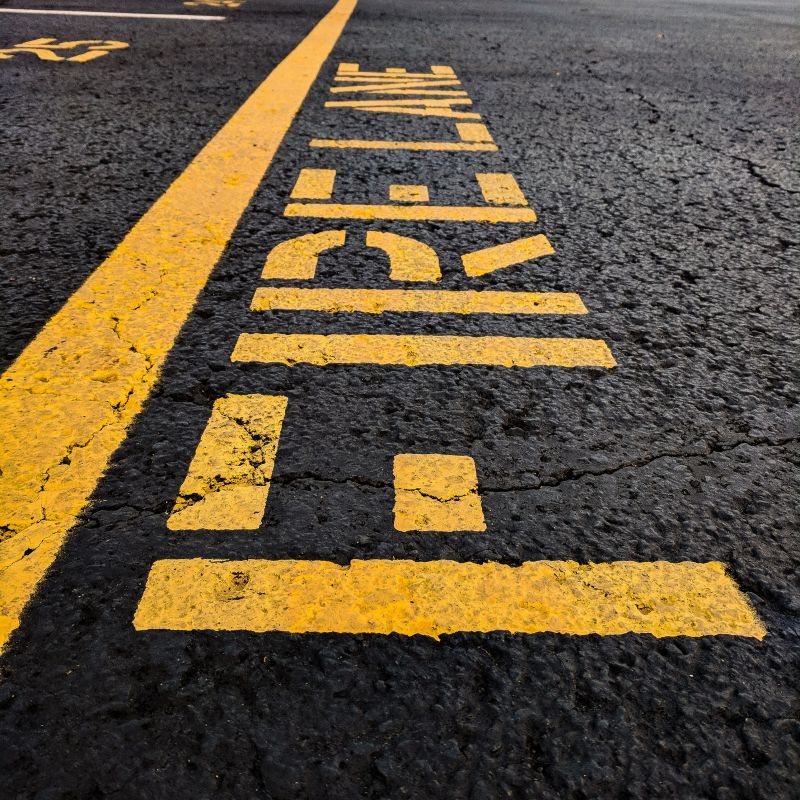
Ways to make Fire Lane Markings work in tight or awkward layouts.
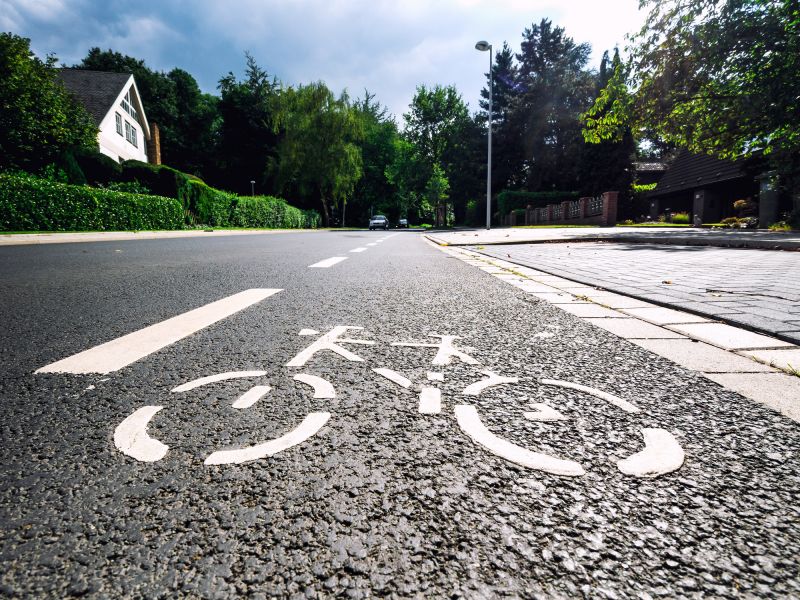
Popular materials for Fire Lane Markings and why they hold up over time.
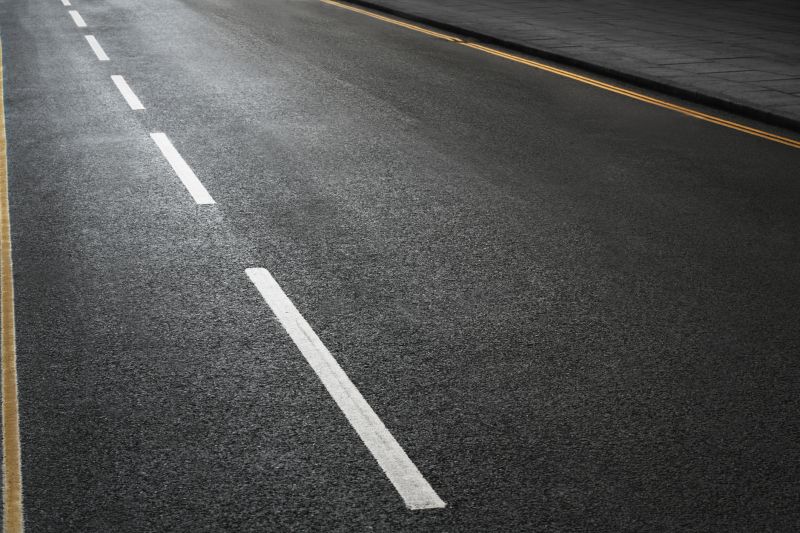
Simple add-ons that improve Fire Lane Markings without blowing the budget.
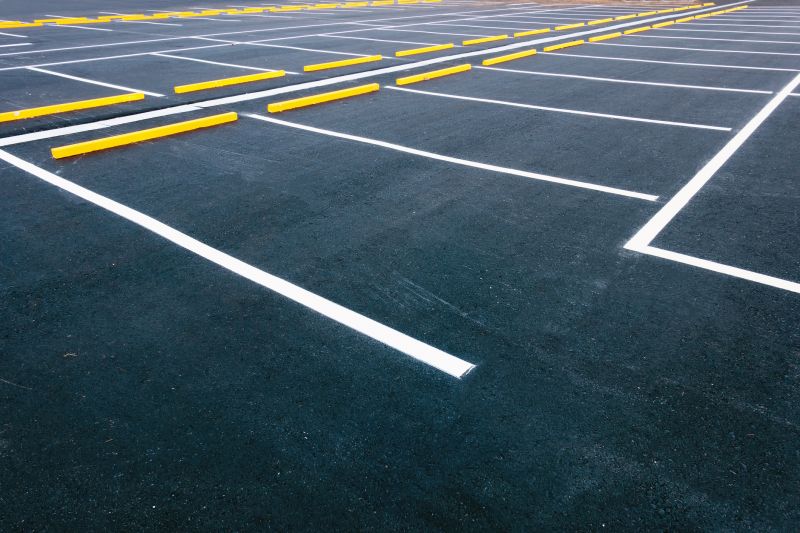
High-end options that actually feel worth it for Fire Lane Markings.
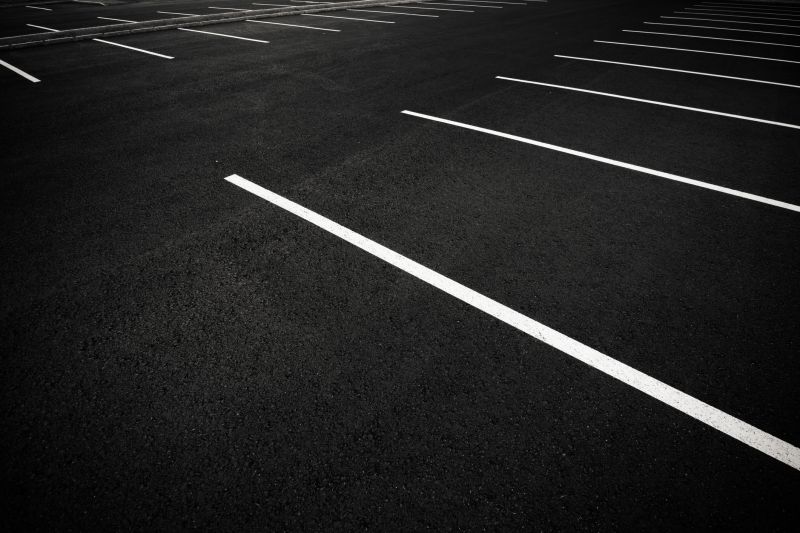
Finishes and colors that play nicely with Fire Lane Markings.
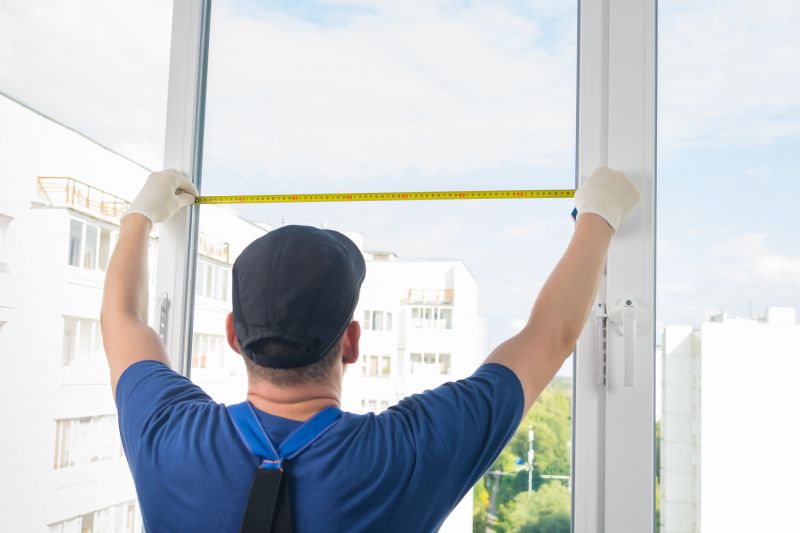
Little measurements that prevent headaches on Fire Lane Markings day.
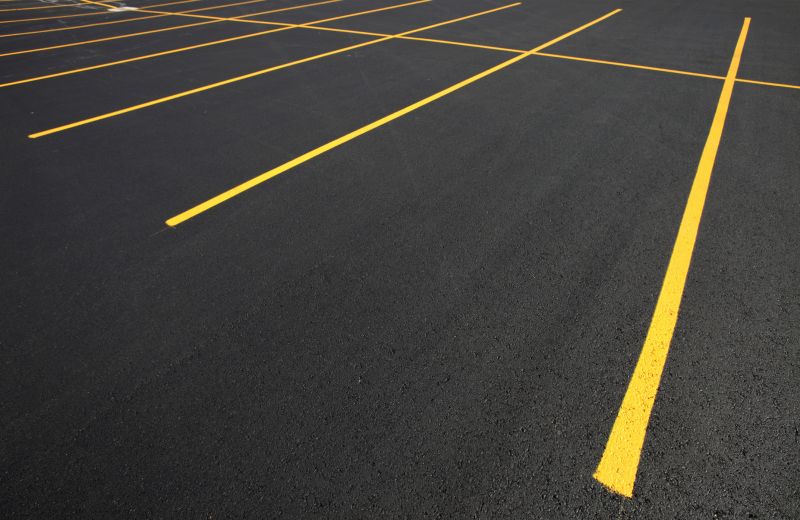
A 60-second routine that keeps Fire Lane Markings looking new.
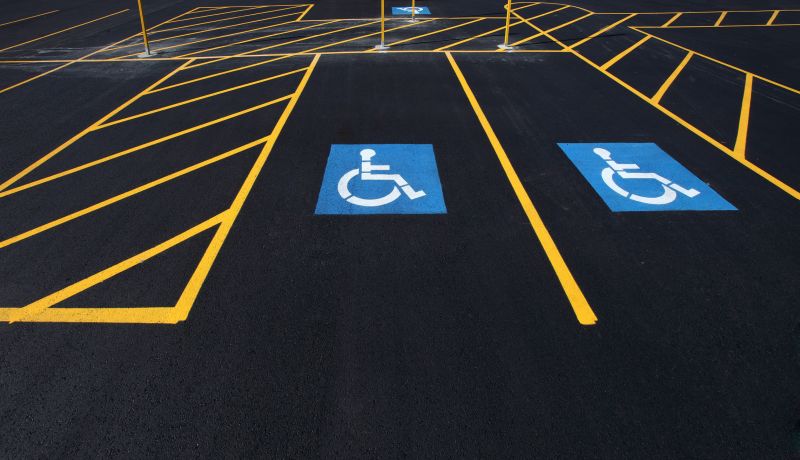
A frequent mistake in Fire Lane Markings and how to dodge it.
Fire lane markings are critical for maintaining clear access routes for emergency responders. They typically include painted lines, curb markings, and signage that designate specific areas as no-parking zones. Proper application and regular maintenance ensure these markings remain visible and effective, especially in high-traffic environments. According to safety standards, visible fire lane markings can reduce response times and improve safety outcomes during emergencies.
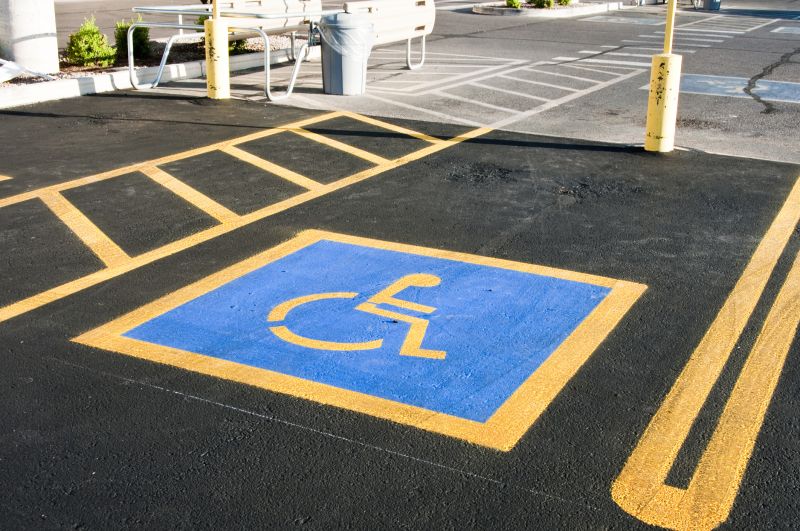
Small tweaks to make Fire Lane Markings safer and easier to use.
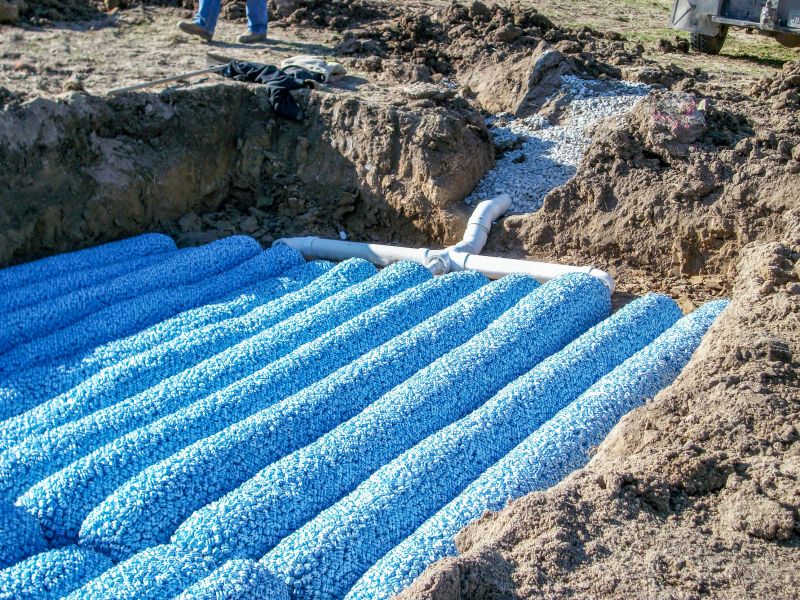
Lower-waste or water-saving choices for Fire Lane Markings.
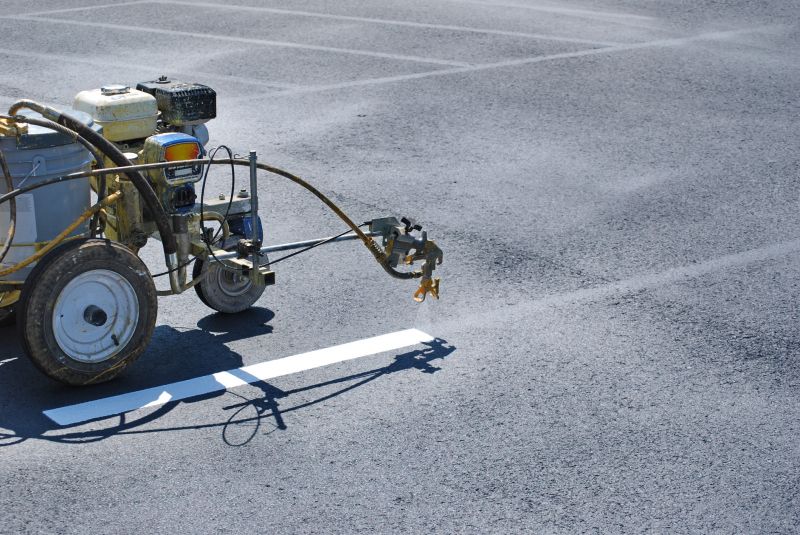
The short, realistic tool list for quality Fire Lane Markings.
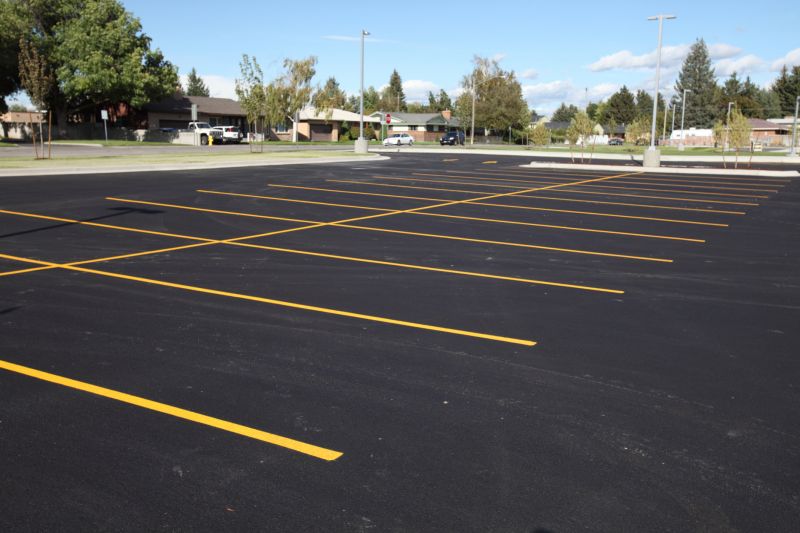
Rough timing from prep to clean-up for Fire Lane Markings.
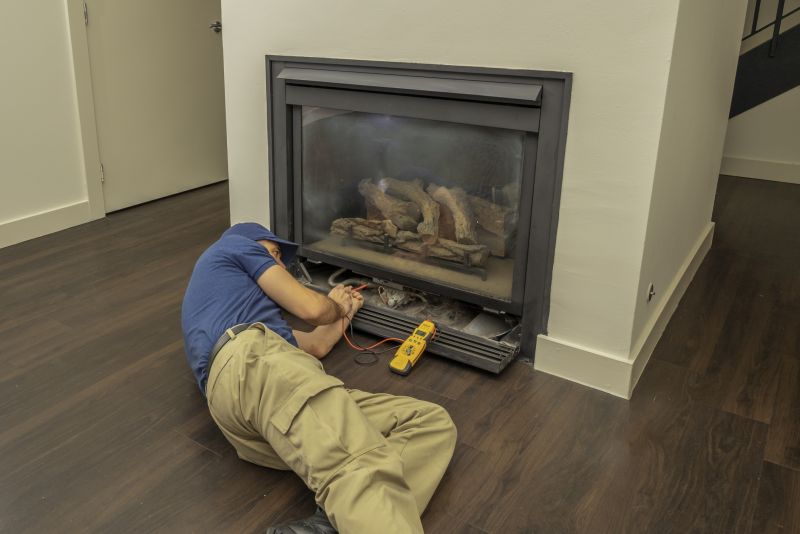
Quick checks and paperwork to keep after Fire Lane Markings.
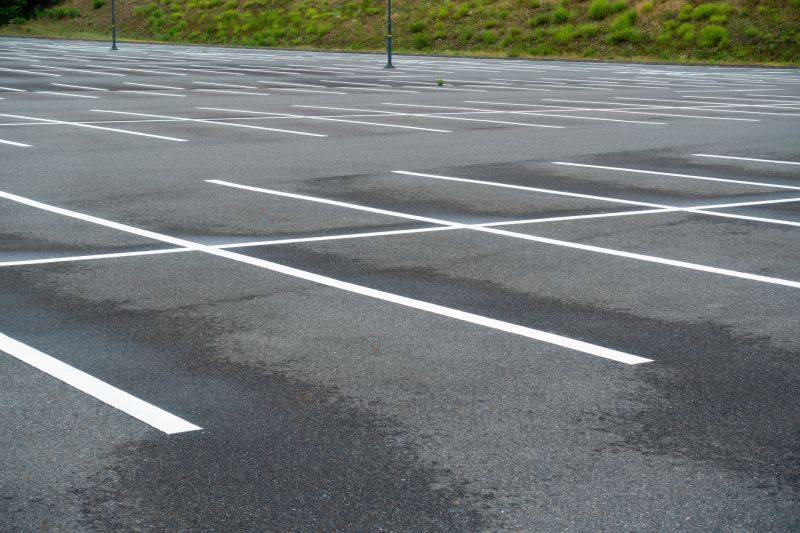
Examples that show the impact a good Fire Lane Markings can make.
| Aspect | Details |
|---|---|
| Weather Conditions | Ideal temperatures range from 50°F to 85°F with low humidity. |
| Seasonal Timing | Spring and fall are preferred for installation. |
| Temperature Extremes | Avoid during temperatures below 32°F or above 95°F. |
| Preparation Period | Schedule ahead to prevent disruptions during peak times. |
| Regulatory Deadlines | Align installation with safety compliance schedules. |
| Maintenance Scheduling | Plan for reapplication or touch-ups as needed. |
| Material Curing Time | Allow sufficient time for paint or thermoplastic to cure. |
| Traffic Levels | Implement during low-traffic periods for safety and efficiency. |
Proper timing for fire lane markings enhances their durability and visibility, ensuring compliance and safety. Regular inspections and maintenance are recommended to keep markings clear and effective. If interested in scheduling fire lane markings or seeking further information, filling out the contact form is advised to facilitate planning and coordination.
